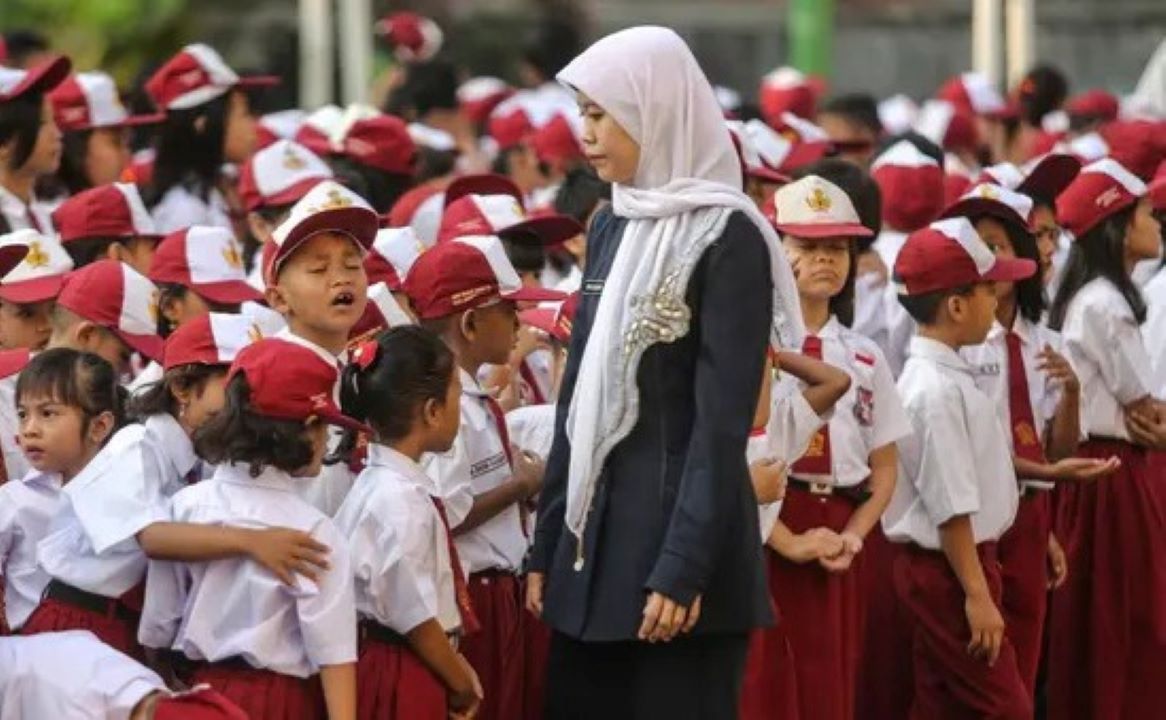
KPAI: Every Child Has the Right to Receive Proper Education
Casal dels Infants – Proper education is the right of every child, as stated in the Convention on the Rights of the Child (CRC). This convention was ratified by the Government of Indonesia through Presidential Decree No. 36 of 1990. Additionally, Article 31 of the 1945 Constitution of Indonesia affirms that every citizen, including children, is entitled to education. The state is obligated to provide and fund basic education to enrich the life of the nation.
Child education in Indonesia is regulated by various laws, including Law No. 20 of 2003 on the National Education System. Article 5 states, “Every citizen has the same right to obtain quality education.” This regulation guarantees access to quality education for all Indonesian children, including those in need of special education or lifelong learning services, ensuring that every child has the opportunity for proper education.
“Read More: The Dangers of Comparing Children, What You Should Know”
Article 54 of Law No. 35 of 2014 on Child Protection also provides for the protection of children in educational institutions. Children in schools have the right to protection from physical violence, psychological harm, sexual crimes, and other forms of crime.
Despite regulations that ensure the right to education and child protection, many children are still not attending school. According to Susenas BPS data, approximately 4.2 million children aged 6 to 18 are not enrolled in school. This includes children who have never been to school, those who have dropped out, and those who stopped attending midway.
Several factors contribute to this issue, such as economic constraints, limited access to education, and social problems like violence, gaming addiction, or child marriage. Children involved with the law, children with disabilities, and those affected by drug abuse often face significant barriers. These obstacles make it difficult for them to continue their education.
According to KPAI Commissioner Dr. Aris Adi Leksono, the government has not yet developed an effective strategy to address children who are out of school. This is particularly true for those facing non-economic challenges. Children who have been victims of violence, addicted to games, or affected by social-cultural family issues need a more comprehensive approach than just financial assistance like the Kartu Indonesia Pintar (KIP) or scholarships. These children require psychological recovery to help them return to school with renewed enthusiasm.
Furthermore, children undergoing rehabilitation in child correctional institutions (LPKA) should also be given access to non-formal education. The same applies to those recovering from drug addiction. Education within these institutions is essential for their recovery and reintegration into society.
Local governments need to be more proactive and consistent in addressing the issue of children dropping out of school. Authorities should use the data available in Dapodik and EMIS to map out problems and design interventions that meet children’s needs. However, they often fail to include many children in these data systems, which prevents those children from receiving the support they need.
KPAI also notes that some educational institutions have policies that expel students for various reasons. These reasons include behavioral issues, violence, or the inability to pay school fees. This situation increases the challenges that put children at risk of exclusion from the education system.
Children with disabilities also often face barriers in accessing proper education. Many of them have never attended school. They are also at risk of dropping out due to a lack of information and facilities that meet their specific needs.
“Continue Reading: Singapore Bans 4 Food Products Due to Dangerous Ingredients”